
Researchers studied how alternative work systems affect individuals’ careers.
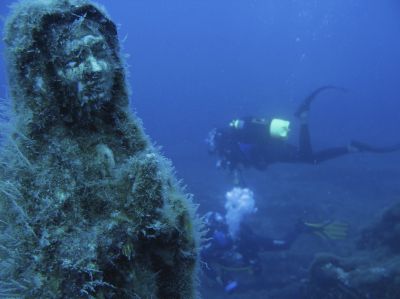
Marine archaeologists are developing new techniques and guidelines for locating, assessing and managing Europe's underwater cultural heritage.

Professional baseball players often report feeling as if the ball slows as they are preparing to strike it with their bats. EU-funded researchers conducted the first study that provides scientific data supporting this anecdotal observation.
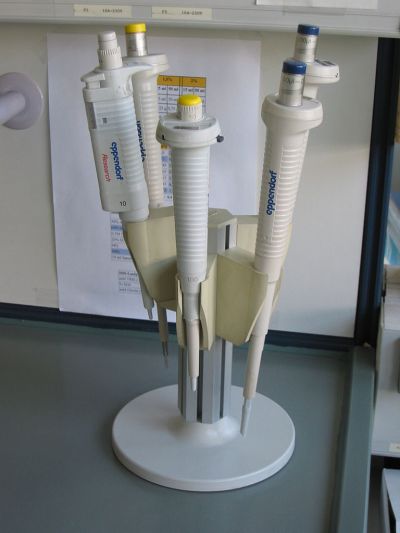
Novel research evaluation tools based in social models predict and measure the social impact of scientific research.

The Blue Society is a concept based on sustainable exploitation of the sea and its resources while preserving the marine ecosystem. Preserving this ecosystem will enable it to fulfil its vital functions, which include supporting biodiversity, oxygen production and climate regulation.

The Blue Society is a concept based on sustainable exploitation of the sea and its resources while preserving the marine ecosystem. Preserving this ecosystem will enable it to fulfil its vital functions, which include supporting biodiversity, oxygen production and climate regulation.

Groundbreaking research has linked the relationship between the simultaneous occurrence of poverty, violent conflict and natural disaster, and the effect it has on household well-being.
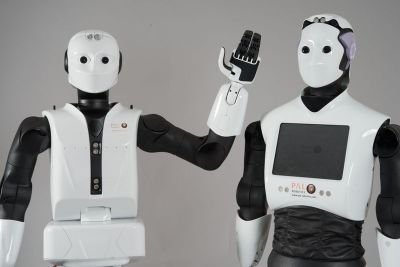
The iCub robot has helped advanced scientific understanding of word-object mapping, thanks to joint efforts from the ITALK and POETICON++ projects.

An EU team studied relationships between countries' investments in research and development (R&D) and environmental policies.

Choosing to highlight attainment versus maintenance goals can greatly affect both organisations and consumers in many domains (savings, consumer well-being etc.). The recently furthered research and understanding of the psychological differences and commonalities of the two goal types can improve both consumer happiness and organisational outcomes.

Recent applications of mass spectrometry to large and complex proteins are producing amazing insights into disease markers and processes. A powerful union between European and North American labs is pioneering new applications and methodologies.

Addressing the challenges of the ageing population is a priority in Europe. A multinational project has established a harmonised database of information on this group.

More effective marketing and communication tools are being developed for the conservation of cultural heritage. Such tools will improve public participation by emphasising the social value.

An EU team surveyed attitudes to democracy among Chinese people. The study examined three strata of Chinese society, in several Chinese locations, and assessed support for liberalisation.
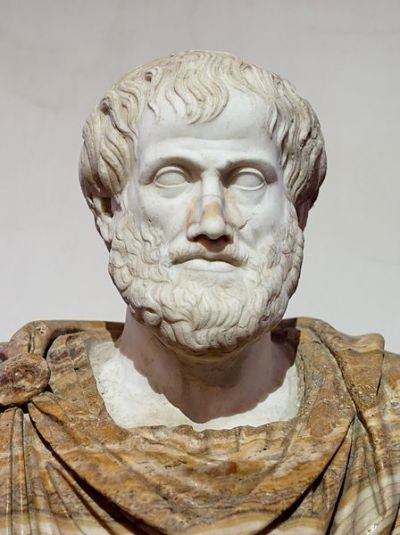
Antonio Brucioli, a sparsely researched 16th century Italian translator, helped spread knowledge of Aristotle through the country.

An EU-funded study explored how infants learn and understand the concepts of 'same' and 'different'.

Understanding how people learn language provides a window into the brain. An EU-funded project examined how children and adults learn and understand discourse connectives.

International laws regulating the link between natural resources and armed conflict have been addressed to create awareness of contradictions and reduce inconsistencies.

As Europe continues to confront the consequences of the 2008 financial crisis it becomes ever-more important to fathom not only how Europe can return to productive levels of employment, but why it is failing to do so. Professor Pissarides’s ERC research examines both what kind of jobs Europeans do and future trends in employment.

Did you know that children born after 2011 have a one in three chance of reaching their 100th birthday? Today, we are living longer than ever before. In fact, in the last 20 years, people all over the globe have, on average, gained six years of life expectancy.

The TELL ME project is developing communication strategies that maximise opportunities and minimise risks during infectious disease crises.

Mental disorders are highly prevalent in Europe and are a major burden on individual sufferers and on our society as a whole. According to the World Health Organisation (WHO), mental disorders affect every fourth citizen at least once during their life and can be found in more than 10 % of the EU population during any given year.

New research suggests that visibly trying to understand what babies are attempting to say may help to speed up the language-learning process.

As a concerned citizen, you might feel angry about youth unemployment in your country being too high, your local sports centre closing down or the polar ice caps melting. But what are you going to do about it? For example, do you intend to vote in this month’s European Parliament elections, to make your voice heard and influence key decision makers? When it comes to political engagement, what factors will ultimately determine the course of action you choose to take?
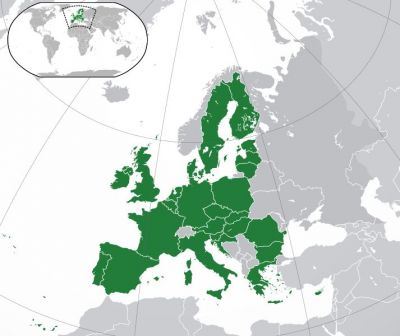
By working in collaboration with partners from around the world, European ICT researchers are addressing global problems in medicine, agriculture, networking and beyond. EU-funded research projects are making a difference to people’s lives in Europe, Africa, Asia and the Americas while at the same time ensuring that Europe stays at the forefront of the global ICT industry.























